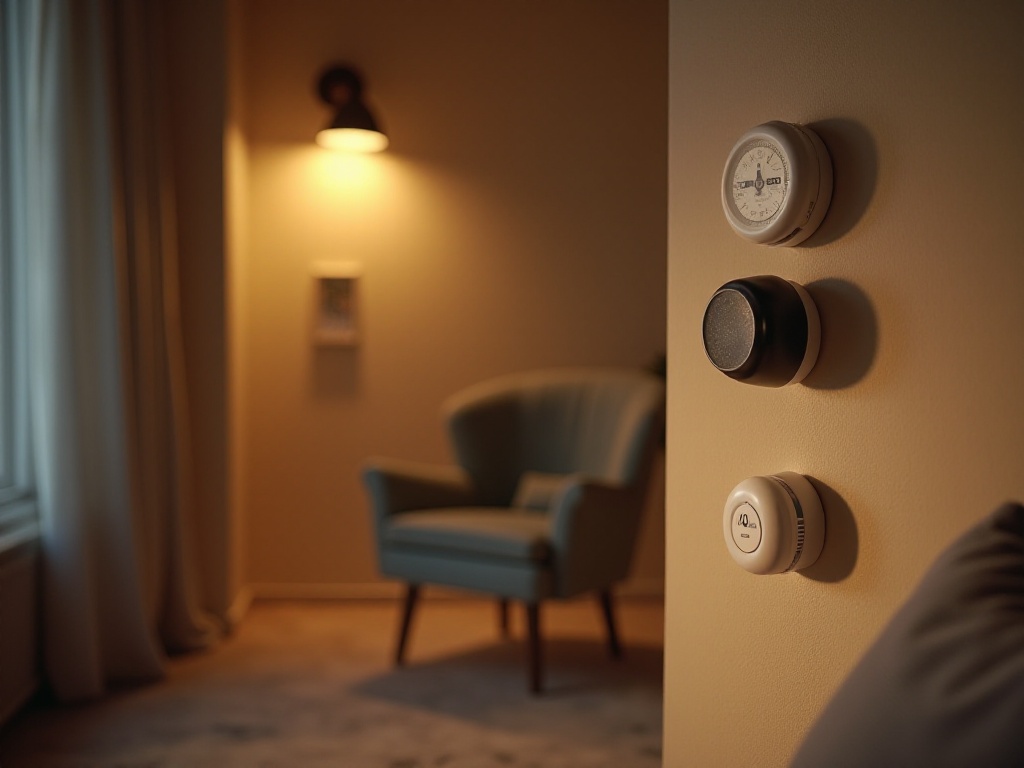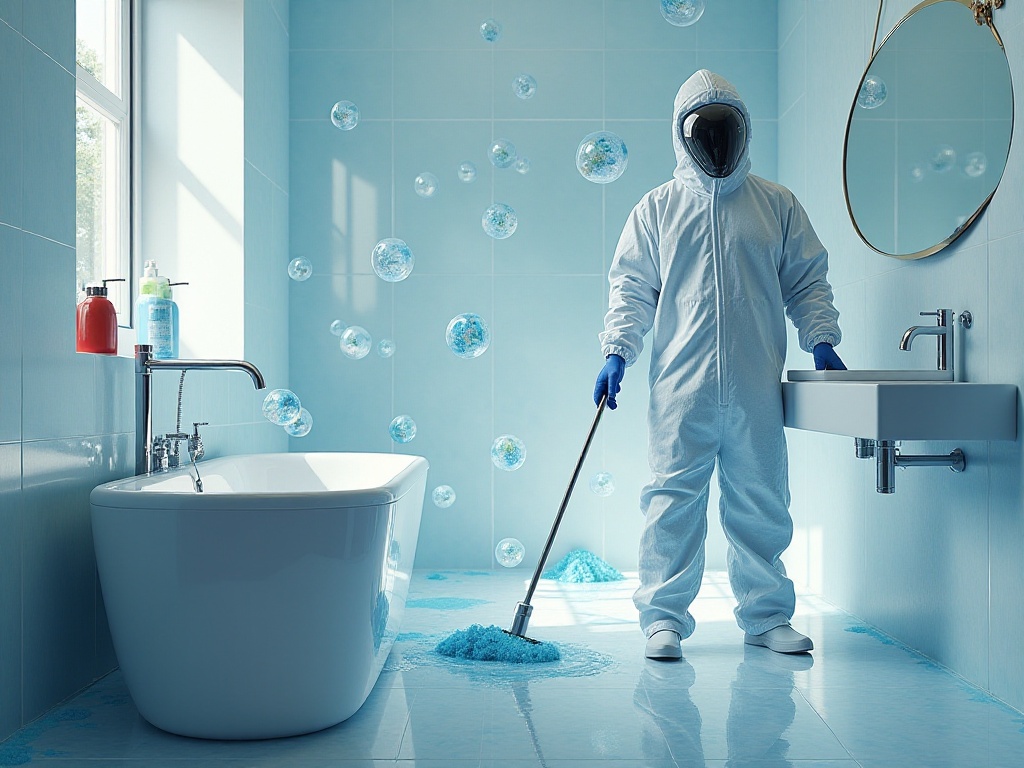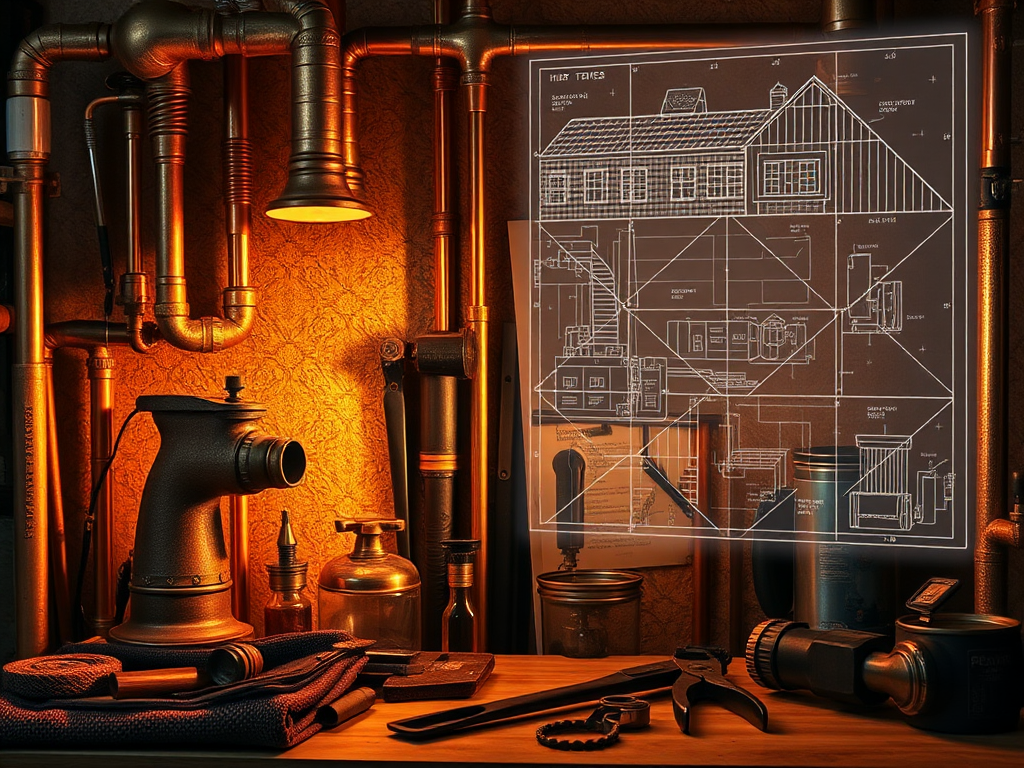Opening Thoughts
Today I want to discuss a particularly practical topic — how to keep our homes in optimal condition using the simplest methods. As a home maintenance enthusiast who has been at it for several years, I've noticed that many people overlook some seemingly minor but actually crucial daily inspection tasks. In this age of information overload, we often get attracted to various novel smart home devices while neglecting the most basic home maintenance work. In fact, by mastering the right methods and investing appropriate time, we can keep our homes in the best condition.
Through years of practice and reflection, I've deeply realized that home maintenance isn't just a task, but a lifestyle attitude. It reflects our pursuit of quality living, emphasis on family safety, and attention to property value preservation. Next, I'll combine my experience to detail how to make our homes safer and more comfortable through simple inspections and maintenance.
Safety First
Safety always comes first, right? Whenever I discuss home safety with friends, I'm reminded of my neighbor's false alarm last year. In the middle of the night, their smoke detector suddenly went off, frightening the whole family awake. After checking, they found it was a false alarm due to low battery. Such an anxiety-inducing situation could have been avoided with regular checks. This lesson teaches us how important it is to regularly inspect home safety equipment.
There are many details worth noting about smoke detector maintenance. Besides monthly alarm sound tests, we need to regularly clean dust from the detector's exterior with a vacuum cleaner. Dust accumulation can affect sensor sensitivity, leading to false alarms or worse—missed alerts. Additionally, smoke detectors typically have an 8-10 year lifespan, requiring replacement after this period.
Doorbell system maintenance is equally important. Modern homes might choose smart doorbells, which offer video monitoring and motion detection besides basic doorbell functions. For such devices, we need to regularly check network stability, ensure real-time monitoring image clarity, and promptly update system software to fix potential security vulnerabilities.
Beyond these electronic devices, mechanical security facilities at home also need regular inspection. Door locks are the most basic security devices; it's recommended to check lock tightness quarterly and add lubricant to ensure smooth operation. For homes with electronic locks, regularly check backup batteries to prevent failure during power outages.
Window security checks shouldn't be neglected. Check window sealing and latch firmness monthly. Especially during seasonal changes, temperature variations may cause window frame deformation, affecting normal operation. Problems should be adjusted or repaired promptly to ensure safety and improve room insulation.
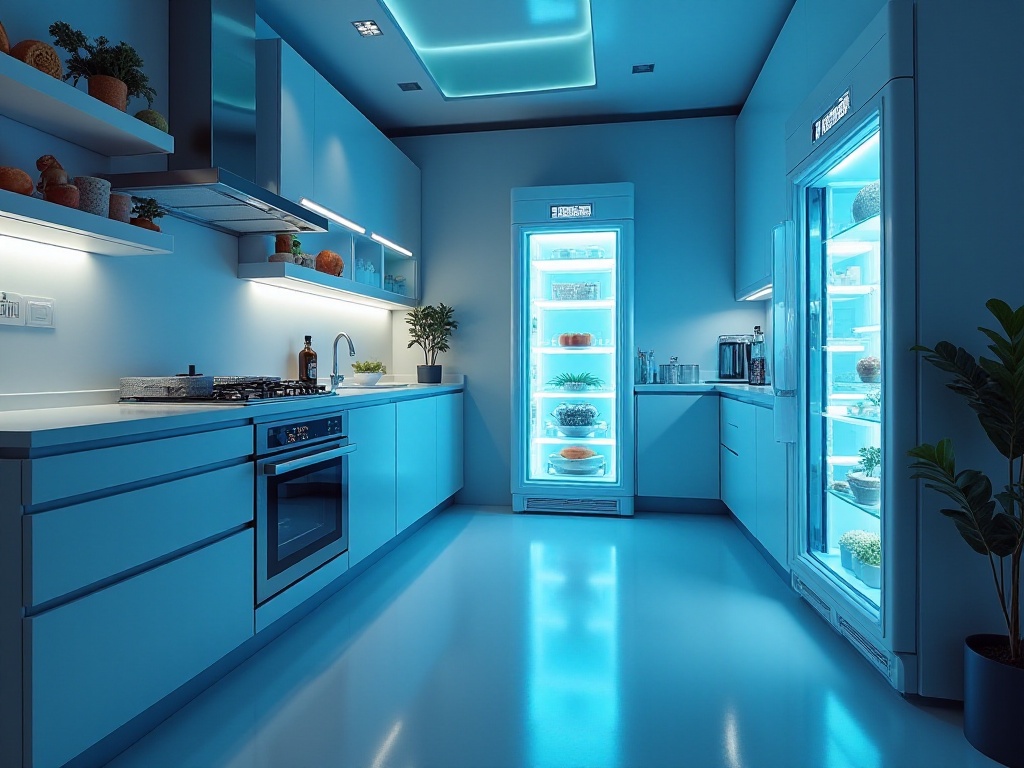
Core Systems
Speaking of the most important home systems, we must mention the HVAC system. Did you know that a clogged air conditioning filter can make your electricity bill soar? That's what happened to me—after replacing the filter, my electricity bill dropped by 15%. So I recommend checking the filter monthly and cleaning or replacing it when dirty. But air conditioning system maintenance involves much more than filter replacement.
The indoor unit of the air conditioning system needs regular cleaning of the evaporator and fan blades. These components accumulate substantial dust during long-term operation, affecting cooling efficiency and potentially breeding bacteria. A thorough cleaning is recommended before starting up in spring each year. Pay attention to rinsing angles during cleaning to avoid damaging precision components. Meanwhile, check if the drainage pipe is clear to prevent water stain problems from condensation overflow.
Central air conditioning system maintenance is more complex. Besides routine filter cleaning, the duct system needs regular inspection. Professional duct cleaning is recommended every three years to improve indoor air quality and prevent various problems caused by dust accumulation. Additionally, the thermostat needs regular calibration to ensure temperature display accuracy.
Water and electrical system inspections are also crucial. For water systems, besides checking for obvious leaks, watch for hidden issues. For instance, regularly check water meter readings—unusual increases in water usage might indicate small pipe leaks. Also, faucet seals and angle valves need regular inspection, with prompt replacement if loosening is found.
Water heater maintenance is equally important. For storage water heaters, drain sediment from the tank semi-annually. This not only extends equipment life but also improves heating efficiency. Gas water heaters need regular checks of exhaust pipes for proper ventilation to ensure safe use.
Electrical system maintenance requires special caution. Besides regular circuit breaker function checks, observe outlet and switch conditions. If outlets show signs of heating, blackening, or burning smell, stop use immediately and replace them. For older houses, a comprehensive electrical inspection is recommended every five years, with aging wiring replacement when necessary.
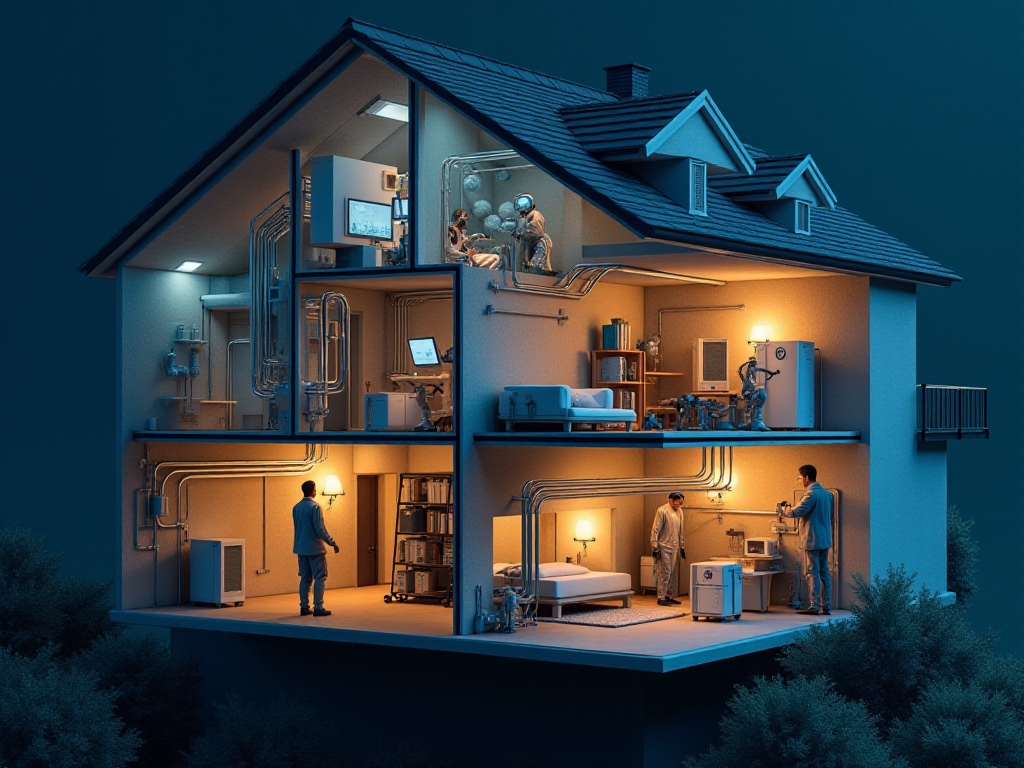
Prevention First
My favorite saying is: "Solve home problems before they become problems." Preventive maintenance can help us avoid many unnecessary troubles and expenses. Take the kitchen range hood for example—its cleaning relates not only to effectiveness but also to safety. Besides routine cleaning every two months, I recommend weekly wiping of the hood's exterior with a damp cloth to prevent grease buildup.
Deep cleaning of range hoods requires proper methods. First remove the filter and soak it in professional cleaner before rinsing. Body interior grease can be wiped with warm alkaline cleaner, but be careful not to let water enter the motor. Exhaust ducts also need regular cleaning, with professional thorough cleaning recommended annually.
Bathroom maintenance requires more work because it needs both waterproofing and mold prevention. Besides weekly vinegar water cleaning of the shower head, pay attention to bathroom ventilation. Keep windows open for half an hour after bathing for thorough drying. For bathrooms without windows, ensure the exhaust fan works properly and regularly clean dust from the fan blades.
Bathroom wall tile gaps easily breed mold and can be treated regularly with professional mold remover. If tiles become loose, promptly add grout to prevent water from seeping into walls. Add sealant to shower glass gaps semi-annually to prevent both water leakage and glass loosening.
Toilet maintenance is also important. Clean the toilet bowl weekly with a toilet brush and check the tank's seal ring and float monthly. If toilet flushing becomes weak, tank components may need adjustment or replacement. Also regularly check the seal between toilet and floor to prevent leakage.
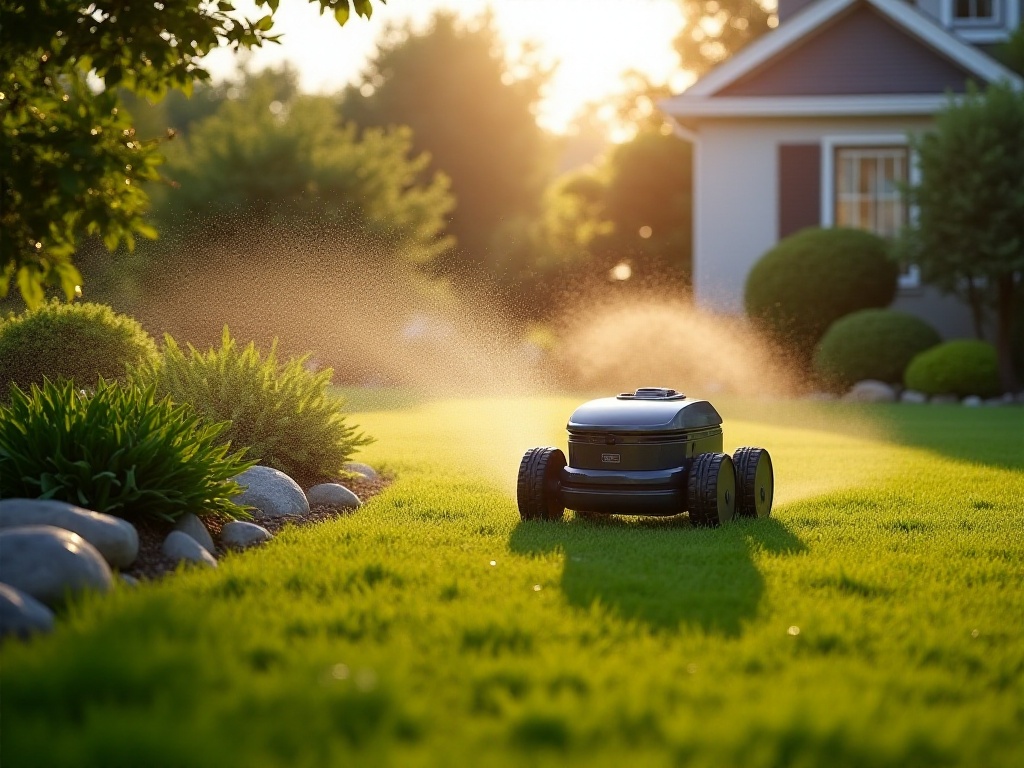
Outdoor Maintenance
Many people overlook exterior house maintenance. Though outdoor maintenance is laborious, it's crucial for overall house upkeep. Take the drainage system for example—besides regularly cleaning leaves and debris from gutters, check drainage pipes for cracks or blockages. Especially before rainy season, ensure the drainage system is in optimal condition.
Exterior wall maintenance is equally important. Carefully check exterior walls for cracks or peeling each spring. Address problems promptly to prevent rain penetration from worsening damage. For painted walls, repainting every three to five years is recommended to protect walls and maintain appearance.
The roof is the most easily overlooked part of a house, but poor maintenance can lead to serious consequences. Check annually for roof tile integrity and waterproof layer damage. Pay special attention to joints between roof and chimneys, skylights, and other protrusions, as these areas are most prone to leakage. If problems are found, seek professional repair immediately.
AC outdoor unit maintenance includes clearing surrounding debris and checking bracket firmness. Check bracket screws annually for loosening and reinforce if necessary. The cooling fins also need regular cleaning—use professional cleaner spray followed by water rinse, but avoid direct high-pressure water on the fins.
Yard tree maintenance is also important. Regularly trim overgrown branches, especially those that might touch the house or power lines. For large trees near the house, have professionals assess their health to prevent damage from falling trees.
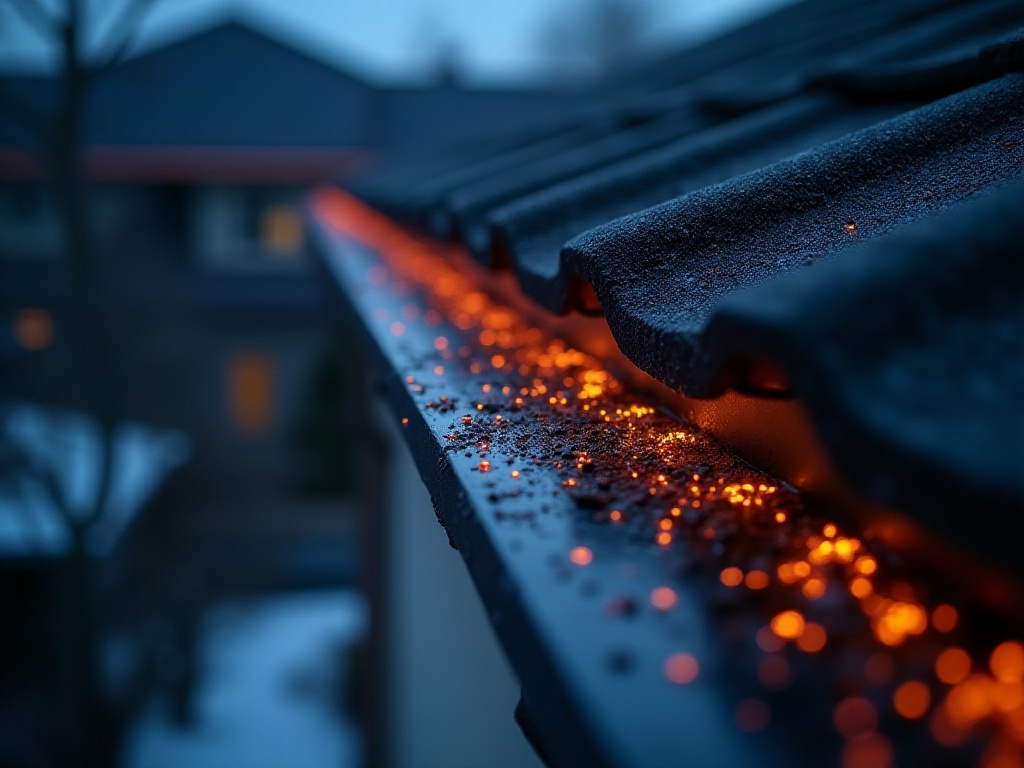
Simple Repairs
Some minor issues can be handled by ourselves—the key is knowing the correct repair methods. Squeaky floors are a common household issue. Besides using lubricant, small wood wedges can fill floor gaps, or professional floor nails can provide reinforcement. For hardwood floors, control indoor humidity to prevent moisture-related warping.
Cabinet door adjustment is another common minor repair. Besides installing magnetic catches, hinge tightness can be adjusted. If cabinet doors sag, correct by adjusting hinge screws. For sliding drawer cabinets, regular cleaning and lubricating tracks maintains smooth operation.
Small wall cracks can be fixed with wall putty. First clean loose dust around cracks, then fill in thin layers multiple times, finally sanding smooth. For corner cracks, apply joint tape before filling for stronger repair.
Door and window maintenance includes many DIY projects. For loose door hinges, replace screws or add washers. Loose doorknobs can be tightened with Allen wrenches. When window tracks stick, clean and apply graphite powder to restore smooth operation.
However, note that not all repairs are suitable for DIY. Issues involving electricity, gas, and other specialized areas should be handled by professionals. When doing self-repairs, ensure proper tools and materials are used, consulting tutorials or professionals when necessary.
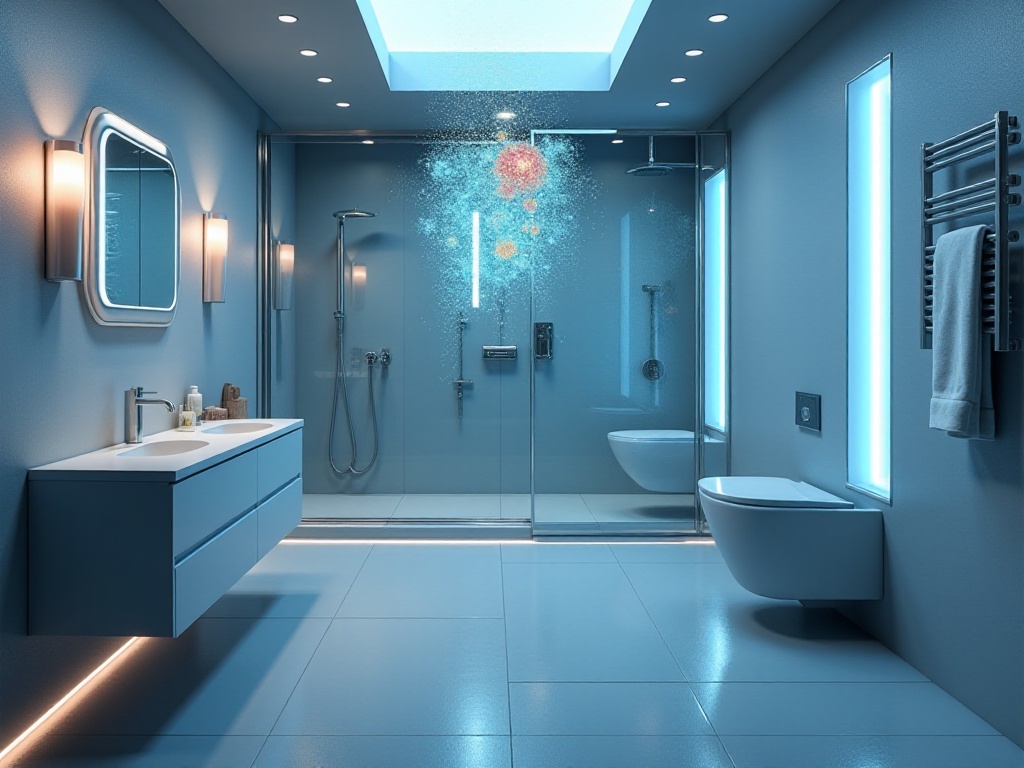
Final Words
These inspection and maintenance tasks may seem numerous, but they only take about 10 minutes weekly once you develop the habit. The important thing is establishing a checklist and following it systematically. Scientifically distributing home maintenance tasks weekly, monthly, and quarterly makes them feel less burdensome.
Creating an annual maintenance plan is recommended, listing maintenance priorities for different seasons. Spring focuses on waterproofing and AC maintenance, summer on ventilation and cooling equipment care, fall on heating system checks, and winter on freeze and crack prevention.
Home maintenance not only provides more comfortable and safe living but saves substantial repair costs long-term. Through preventive maintenance, we can detect and solve problems early, preventing minor issues from becoming major troubles. This protects our investment and improves quality of life.
Finally, I hope these experiences help everyone better maintain their homes. Feel free to discuss any issues encountered in practice. After all, each home is unique, and sharing experiences helps improve our residential lives. Remember, a well-maintained home isn't just a shelter, but a warm haven providing happiness and security.
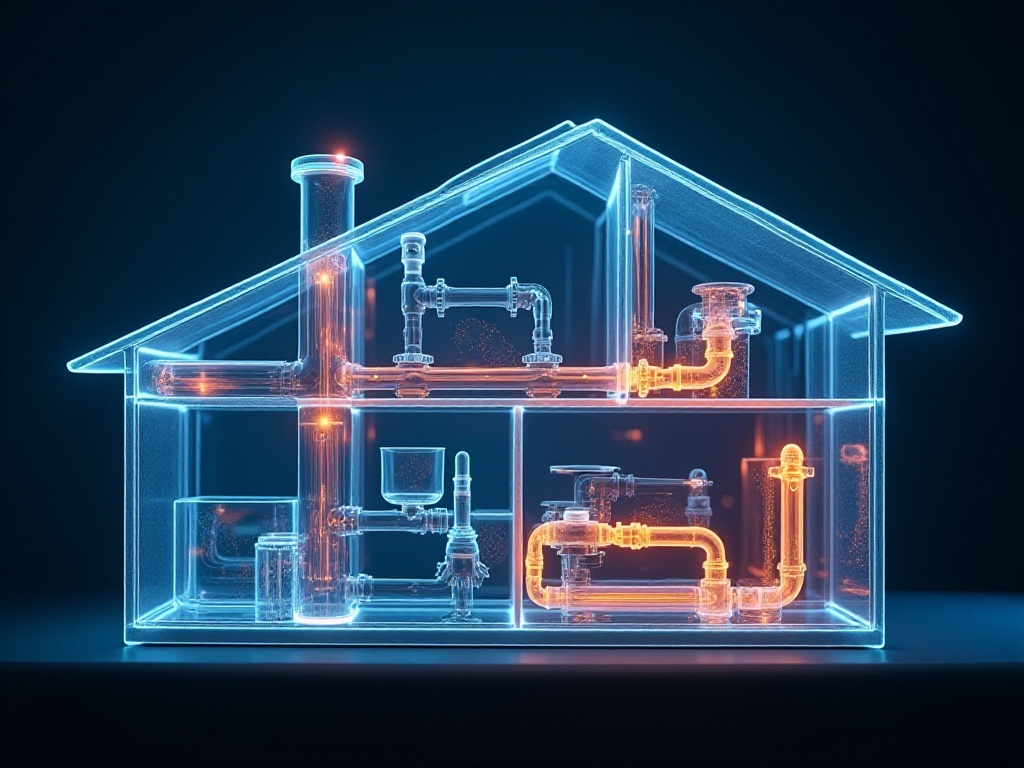
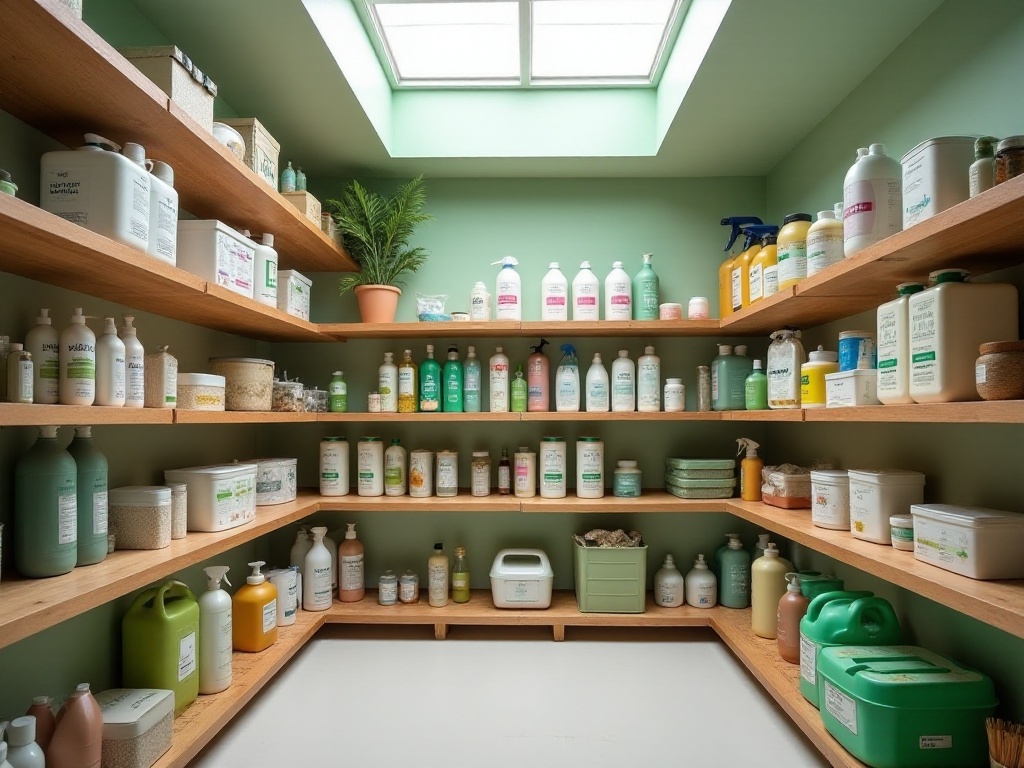

Related articles


